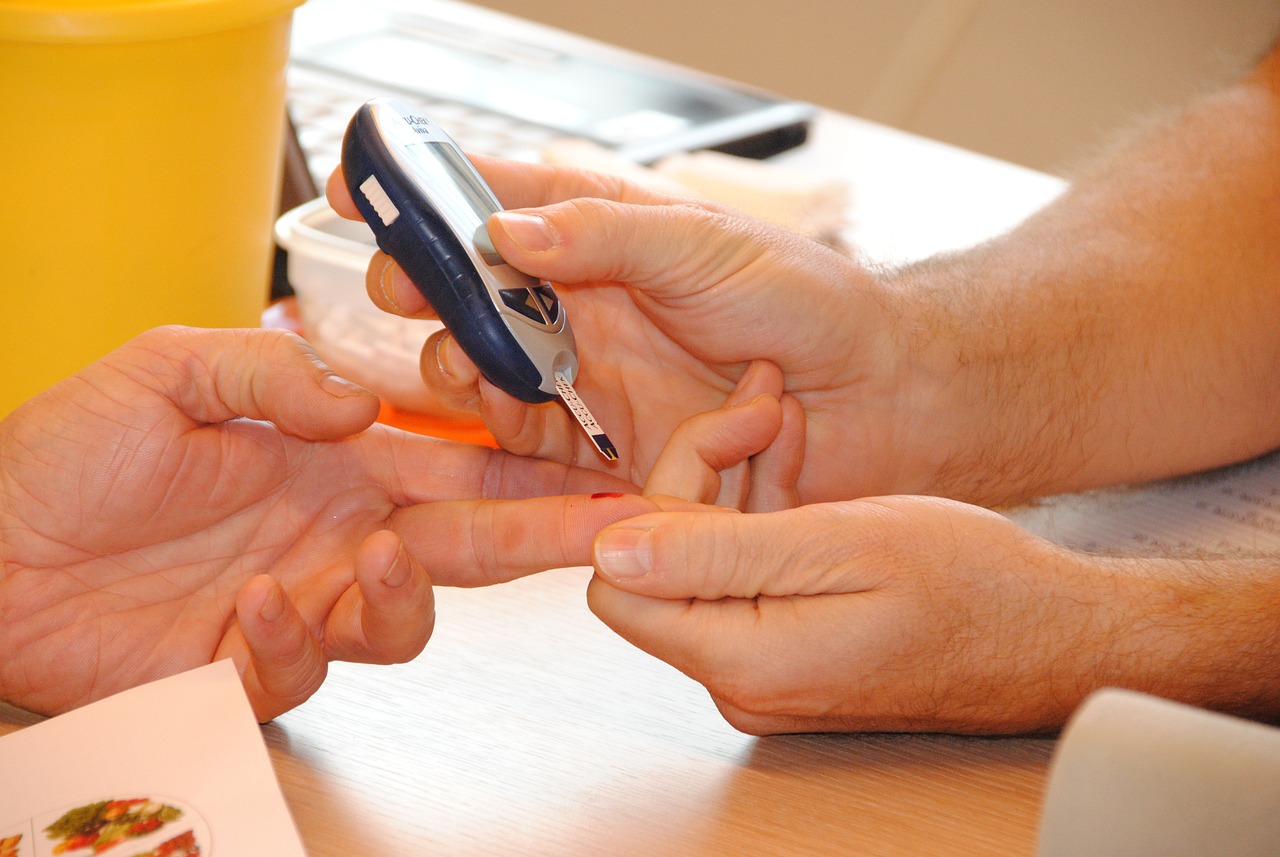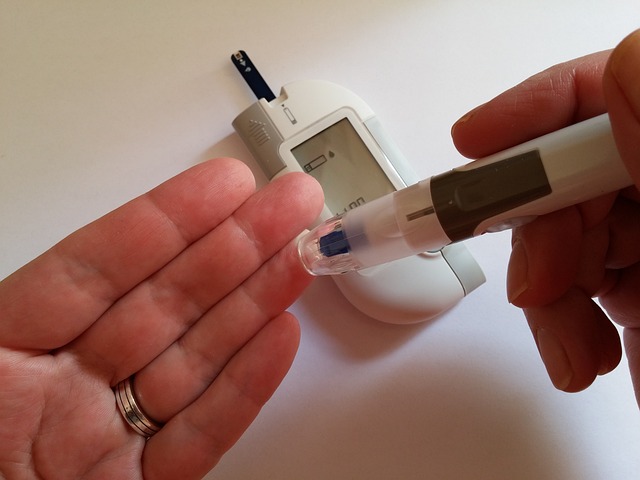
Blood Sugar Spikes and Crashes: Causes and Prevention
Imagine your body as a finely tuned machine and blood sugar as the fuel that keeps it running smoothly. Just like in a car, you want the fuel gauge to stay in the middle, not too high, and certainly not too low. But sometimes, the balance gets thrown off, and you experience those pesky blood sugar spikes and crashes. There are blood sugar supplements that will help you regulate blood sugar levels, but let’s first dive into the causes and prevention methods for blood sugar spikes and crashes.
What Are Blood Sugar Spikes and Crashes?
Let’s start with the basics. Blood sugar, or glucose, is the sugar in your blood that serves as your body’s primary source of energy. When your blood sugar levels rise too quickly, it’s called a “spike,” and when they drop rapidly, it’s a “crash.” These fluctuations can be caused by a variety of factors, including diet, exercise, stress, and certain health conditions.

Causes of Blood Sugar Spikes
There are several common causes of blood sugar spikes, including:
- Carbohydrate Overload: One of the most common causes of spikes is consuming too many simple carbohydrates. Think sugary snacks, soft drinks, and refined grains. Your body absorbs the sugar from these foods quickly, causing a spike.
- Insufficient Insulin: In people with diabetes, the absence or insufficient production of insulin can lead to blood sugar spikes. Insulin is essential for regulating blood sugar levels.
- Stress: Stress triggers the release of stress hormones, which can lead to higher blood sugar levels. Your body prepares for a “fight or flight” response, causing a spike.
- Physical Inactivity: Lack of physical activity can lead to insulin resistance, making it harder for your body to regulate blood sugar levels.
Causes of Blood Sugar Crashes
On the flip side, blood sugar crashes can occur for several reasons, such as:
- Skipping Meals: When you go long periods without eating, your body may not have enough glucose to maintain stable blood sugar levels. This can cause a crash.
- High Insulin Levels: Too much insulin in your body can cause a rapid drop in blood sugar levels. This can be caused by overproduction of insulin, taking too much medication for diabetes, or excessive exercise.
- Alcohol Consumption: Drinking alcohol can interfere with the liver’s ability to release stored glucose into the bloodstream, leading to low blood sugar levels.
- Certain Medications: Some medications, such as those for diabetes or high blood pressure, can cause blood sugar crashes as a side effect.
How to Prevent Blood Sugar Spikes and Crashes
Now that you understand the causes of these fluctuations, here are some tips to help prevent them:
- Eat a Balanced Diet: Focus on incorporating complex carbohydrates, lean proteins, and healthy fats into your meals to avoid blood sugar spikes. These foods take longer to digest, preventing a quick rise in blood sugar levels.
- Exercise Regularly: Physical activity helps your body use insulin more effectively, preventing blood sugar spikes and crashes. Aim for at least 30 minutes of moderate exercise daily.
- Monitor Your Blood Sugar Levels: If you have diabetes, it’s crucial to regularly check your blood sugar levels and make adjustments to medication or diet as needed.
- Manage Stress: Incorporate stress-reducing activities into your daily routine, such as yoga, meditation, or deep breathing exercises.
In Conclusion
Blood sugar spikes and crashes can be quite the mood busters and energy drainers. But with some simple lifestyle adjustments and mindful eating, you can maintain stable blood sugar levels and keep your body running like a well-oiled machine. Your body will thank you with consistent energy and overall well-being.


